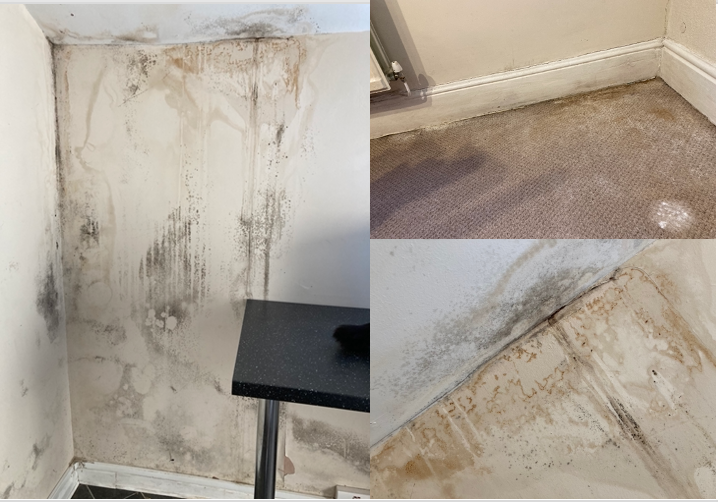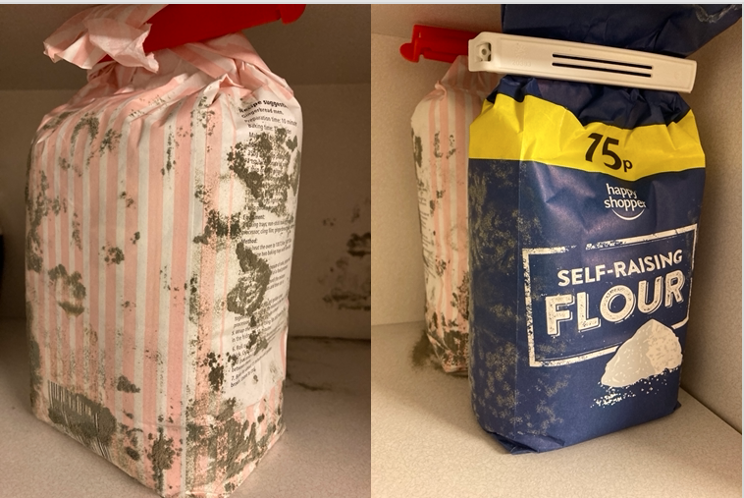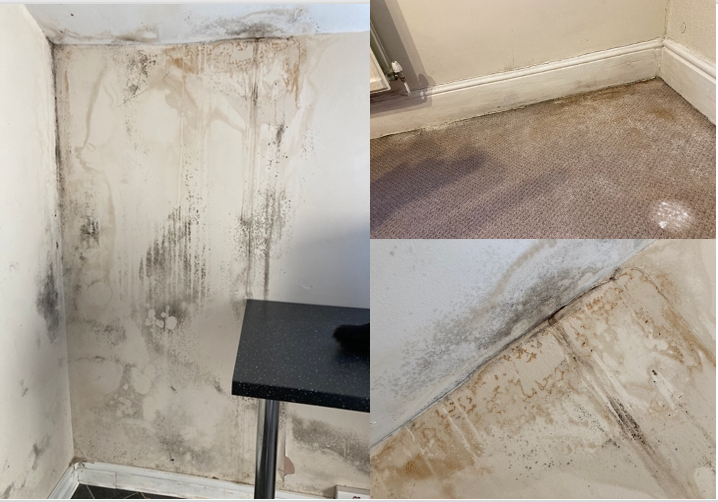The new law affects tenants and landlords in social and private rental housing
THE biggest change to housing law in Wales in decades will come into effect from December 1 2022.
The New Renting Homes Act will change the way landlords rent their homes and, according to the Welsh Government, it will simplify and improve how people “rent, manage and live” in rented homes.
The legislation, which affects social and private tenants, was initially set to be introduced in July 2022 but was delayed in order to give the housing market time to recover following the coronavirus pandemic.
Key features from the New Renting Homes Act
Tenants
Under the new legislation, tenants will now be referred to as ‘contract-holders’ and tenancy agreements will be replaced with ‘occupation contracts’.
Contract-holders will also receive a written contract explaining their rights and responsibilities. To ensure greater protection, the notice period for a ‘no fault’ grounds eviction will increase from two months to six months.
A landlord will not be able to evict a contract holder for complaining about condition of the property (commonly known as a ‘retaliatory eviction’).
Landlords
Landlords will now only deal with two types of contracts. Community Landlords will be using a ‘secure’ occupation contract and Private Landlords will deal with a ‘Standard’ occupation contract.
A key change in the legislation is the requirement that homes are ‘fit for human habitation’ (FFHH). This includes providing electrical safety certificates, working smoke alarms and carbon monoxide detectors in all homes.
Rent will also not be paid during periods where the house is regarded as unfit for human habitation.
Abandoned properties can now be repossessed without a court order.
The landlord’s view
Landlords generally welcome the act, although some believe it to be a costly and complicated change.
Jamie Vans, 72, retired to Caerau and invested the money from the sale of his old house to rent out two flats in Cardiff.
“I approve of it in principle, but I am now running about buying even more in the way of smoking alarms, fire alarms, carbon monoxide alarms, fire extinguishers, fire blankets and stuff.”
“I do approve of the fact that you have to get an electrical safety certificate but it’s not all that easy to find people that do these things. I’m now rushing around getting gas certificates and electrical safety certificates.”
“Electrical safety certificates are all very well but suppose they say that the place is unsafe. You buy the flat in good faith – I can’t afford to completely rewire it suddenly.”

Many landlords believe that the new Act does not address problematic or rogue tenants which can be costly for landlords to deal with.
“It does sound as though the balance is a bit skewed to eliminate bad landlords but has no provision for elimination of bad tenants,” said Mr Vans.
Climate Change Minister Julie James believes the legislation will make the renting process “simpler and more transparent”. However, Mr Vans does not agree.
“It’s incredibly complicated – it complicates it in every sense, but some of the complications are good.”
“I’ve had to write both of my tenants these new rental contracts; my leases have gone from being a few readily understood pages to about 40 pages of it, none of which I understand a single word of.”
The tenant’s view
The importance of the act for tenants is illustrated by the experience of Lizzie Quirk, who previously had problems with uninhabitable living conditions and lack of maintenance help.
Ms Quirk is disabled and has issues with her mobility and suffers from a neurological disorder. She lived in a rented house for nine years with her son, who is also her full-time carer, before they were eventually evicted following her complaints about the standard of the house, leaving them both homeless.
“During the nine years we put up with many maintenance issues, while also paying rent in full and on time – we’d been more than patient.”
“It got to the stage where there was a lot. We had no electricity for month, there was black mould covering the utility room, the living room and the kitchen, and the garden decking was rotten, and we fell through it.”
“There was a crack across my son’s bedroom ceiling, where the water had collected, causing the ceiling to sag by eight inches. We kept watching the crack get bigger and bigger whilst phoning and phoning and phoning the landlords.”

Ms Quirk, who previously worked as a house surveyor for Swansea council, said that it took months of struggle before their landlords sent someone to look at the house, and it resulted in both her and her son’s mental and physical health to decline rapidly.
Soon after a surveyor looked at the house, Ms Quirk received a letter saying that they were going to be evicted because the landlord “could not fix the house and needed to sell it”. During the time period before the eviction date, the landlords sent builders to work on the house.
The building work took over most of the house resulting in Ms Quirk having to rent a storage unit for her belongings and her son had to sleep in the living room “with all the mould and mildew.”

As her disability meant she could not work and could not secure a guarantor, Ms Quirk could not find another house to move into at such short notice and was unable to be put in a family shelter as her son was in his 20s. There was no emergency accommodation for her and her son to be put in.
After months of searching, Ms Quirk is now living in Ely. Although the standard of her new rented house is very high, along with a “very considerate” landlord, she still struggles from the lasting effects of living in an unsafe house.
“I should be happy here now and I should be relaxing but it looms over me. It turned our whole lives upside down,” said Ms Quirk.
“It was an absolute nightmare and the most terrifying time of my life. I’m constantly worried that I will randomly lose my house again.”
Ms Quirk hopes that “nobody, ever, has to go through what I did,” and wishes that this new act will be implemented correctly.
Shelter Cymru believe that the new rules “should help prevent some of the problems that tenants can currently face”.



